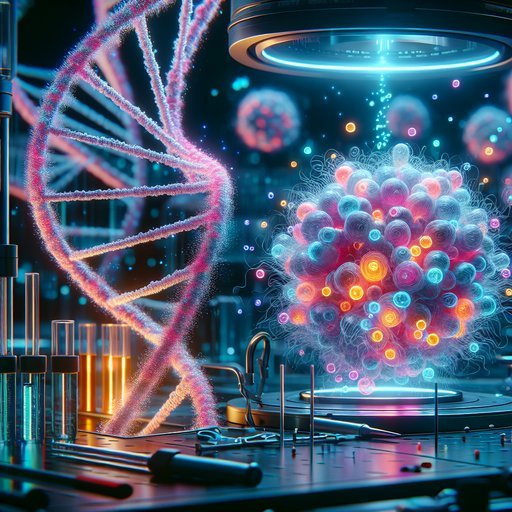
In an exciting advancement in autism research, scientists at Kobe University have unveiled 63 new CRISPR-edited mouse embryonic stem cell lines that promise to illuminate previously hidden causes of autism. This breakthrough is set to transform how researchers understand and approach autism spectrum disorders, offering a fresh perspective on genetic factors that contribute to this complex condition [9].
The team at Kobe University used CRISPR technology to edit specific genes in mouse embryonic stem cells, creating a resource that reveals the genetic underpinnings of autism. By observing how these modified cells develop, scientists can pinpoint which genes may be involved in autism spectrum disorders. This development marks a significant leap forward from observational studies, offering more direct insight into genetic interactions [1]. These CRISPR-edited stem cells provide a new model to study autism, allowing researchers to observe the unfolding of potential developmental changes in a controlled environment.
The model is expected to accelerate discoveries in identifying genetic risk factors and understanding their mechanisms at a cellular level. It also offers a platform for testing therapeutic interventions, promising a quicker transition from research to treatment options [1]. As the research progresses, there is strong anticipation that these findings will facilitate personalized medicine approaches within autism spectrum disorder treatments. By identifying specific genetic variations leading to autism, treatments can be tailored to individual genetic profiles—a step forward in addressing the highly variable nature of autism's manifestation.
This personalized approach could enhance the efficacy of interventions and improve outcomes for individuals with autism [1]. The creation of these CRISPR-edited cell lines does not only hold promise for understanding autism but also serves as a proof of concept for how gene editing can unravel complex genetic disorders. It presents a model that could be replicated to address other multifactorial conditions, effectively broadening the potential applications of CRISPR technology in medical research. These developments highlight the role of synthetic biology in advancing health outcomes and underscore Kobe University's position at the forefront of genetic research [1].
Sources
- CRISPR-edited stem cells reveal hidden causes of autism (Science Daily, 2025-06-14)
























